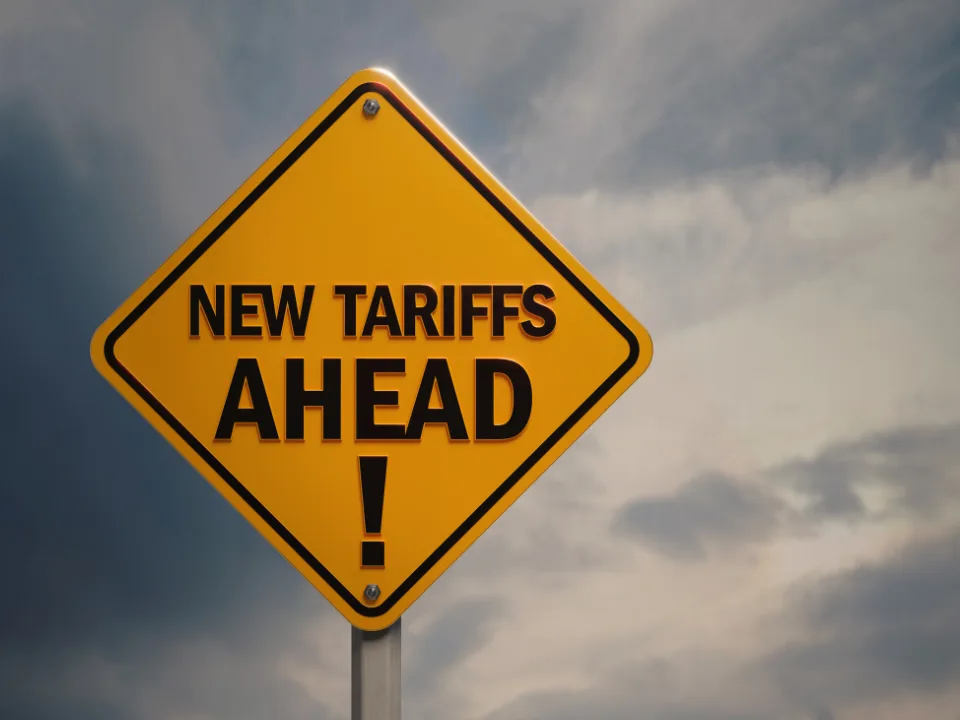- The conservatorship of Fannie Mae and Freddie Mac, in place since 2008, may soon end, potentially impacting both single-family and multifamily markets.
- Former FHFA Director Mark Calabria suggests that exiting conservatorship may lead to more market-driven decision-making and reduced focus on affordable housing.
- Experts predict the GSEs’ full exit from conservatorship could take several years, with a transition period required for regulatory adjustments and financial restructuring.
- A shift away from affordable housing initiatives could alter the GSEs’ role in supporting low- and moderate-income families, especially under a potential second Trump administration.
Since their government takeover in 2008, Fannie Mae (FNMA) and Freddie Mac (FMCC) have been under conservatorship by the Federal Housing Finance Agency (FHFA). Once intended as a short-term measure, this control has lasted far longer than expected, per GlobeSt.
As political discussions heat up about ending conservatorship, everyone wonders what a return to private control will mean for the housing market and the broader economy.
The Big Implications
Mark Calabria, former FHFA Director and senior advisor at the Cato Institute, emphasized that while exiting conservatorship wouldn’t mean their regulatory requirements would change, a shift in focus is likely. The GSEs, under their current conservatorship, are heavily involved in supporting affordable housing, but that could change depending on the political climate.
For instance, under a potential second Trump administration, Calabria predicts Fannie and Freddie would likely reduce their involvement in affordable housing initiatives. In contrast to the Biden administration, which pushed for more tenant rights and affordable housing measures like national rent caps, Trump’s policies might lead the GSEs to prioritize profitability over affordability, creating more competitive market conditions.
“If the GSEs are removed from conservatorship, they might make decisions based on market pricing rather than public policy priorities,” Calabria explained. This could help reduce market distortions caused by government pricing intervention, benefiting the broader real estate market.
Get Smarter about what matters in CRE
Stay ahead of trends in commercial real estate with CRE Daily – the free newsletter delivering everything you need to start your day in just 5-minutes
Single & Multifamily Impact
The exit of Fannie and Freddie from conservatorship could have a mixed impact on the multifamily and single-family housing markets. On the multifamily side, Calabria notes the GSEs may stop doing deals that don’t make financial sense, potentially boosting competition.
However, if the GSEs withdraw from lending in areas seen as less economically viable, it would be hugely disruptive to the current market state. Fannie and Freddie looking elsewhere could be a huge opportunity for private lenders to step in and fill the void.
While some see this as a positive development, others fear it could cut deeply into support for affordable housing projects, which have been a cornerstone of Fannie and Freddie’s operations.
Exit Timelines
Donald Layton, former CEO of Freddie Mac, believes that a full exit from conservatorship would take 3–5 years. He argues it would take time for the GSEs to rebuild sufficient capital reserves to meet regulatory requirements for exiting conservatorship.
Additionally, the transition period would involve adjusting the rules and regulations governing the GSEs to ensure they operate within a post-conservatorship framework.
Layton also highlighted that even after an exit, government ownership of the GSEs would remain significant, with the Treasury still owning the majority of FNMA and FMCC shares.
Why It Matters
The eventual exit of Fannie Mae and Freddie Mac from conservatorship has wide-reaching implications for the housing market and government policy.
With the GSEs potentially shifting away from affordable housing support, the future of US low—and moderate-income housing itself could be in jeopardy.
On the other hand, a more market-driven approach could lead to a far more competitive real estate market with less government intervention in pricing—a potential boon for current homeowners.
















